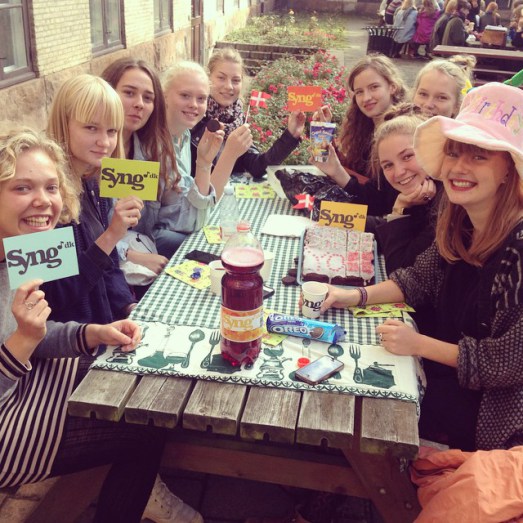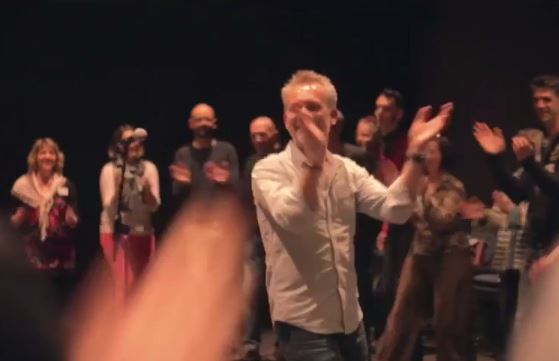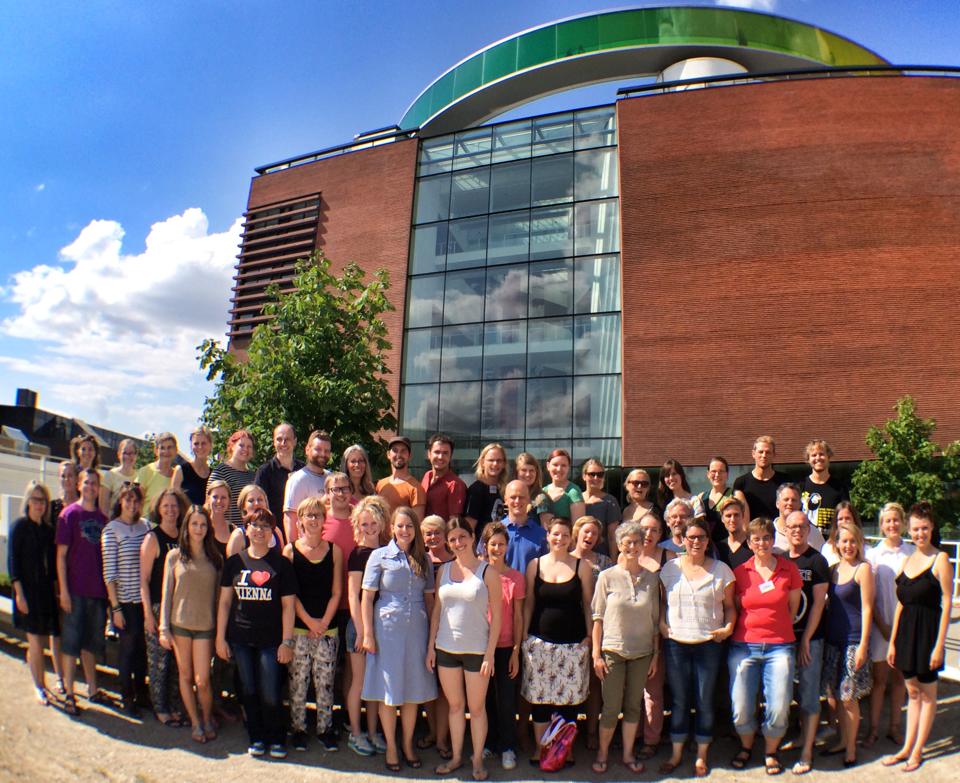Over the last six years, I have been working as a choir leader and arranger for contemporary a cappella choirs. I made the observation that most of the choirs in the scene sing cover music. My Master’s project at the Royal Academy of Music in Aarhus/Aalborg (DK), that was coached by Malene Rigtrup (Ørehænger), Jens Johansen (Vocal Line) and Jim Daus Hjernøe (choir professor at the Royal Academy of Music) is an attempt to contribute with new original music to the choir world.
In the last couple of months I composed the song cycle Reflections, a coherent composition of 8 different songs of about 24 minutes. This project offered me the possibility to experiment with different composing and arranging techniques, with the creation of own lyrics and with the planning of a large composition process. I have chosen the title Reflections, because I wanted to reflect my own musical roots in classical music, pop, jazz and choral improvisation. The combination of elements from these musical genres resulted in this crossover composition, the melting-together of classical and rhythmic music, uniting the two worlds that have been separated over so many years. The musical frame is composed, but some pieces also leave space for group improvisation. The singers get a chance to contribute with their own musicality and get involved in a unique interpretation of the music.
The individual songs of the cycle are thematically linked by the eight basic emotions (anger, fear, sadness, disgust, surprise, anticipation, trust, and joy) that the psychologist Robert Plutchik defined in his theory of emotion. I have chosen to write music to the eight basic emotions, because they include stories and feelings that every one at some point experienced. The listeners can relate to their own memories and reflect about the feelings they had. The two choir composers Roger Treece and Eric Whitacre inspired me the most to write original choir music. I studied especially Eric Whitacre’s Sleep and Roger Treece’s The Four Loves and tried to incorporate their composing and arranging techniques in my music. I also used different songwriting techniques. As an example, I wrote music to the famous painting The Scream by Edvard Munch. He described shortly in his diary, how he came up with the idea of painting The Scream. I translated his words into English, added my own descriptions of the painting and put them together in a lyric. The Song is called Silent Noise.
Last week my compositions were performed at my Master’s exam with 28 singers from a.o. Vocal Line, Postyr and naura. Truly an amazing feeling to finally hear and see your own creations being sung with great expression and musical dedication.
Feel free to contact me, when you are curious to see the sheet music or want to hear more about the project.
Email: christian.ronsfeld@gmail.com




